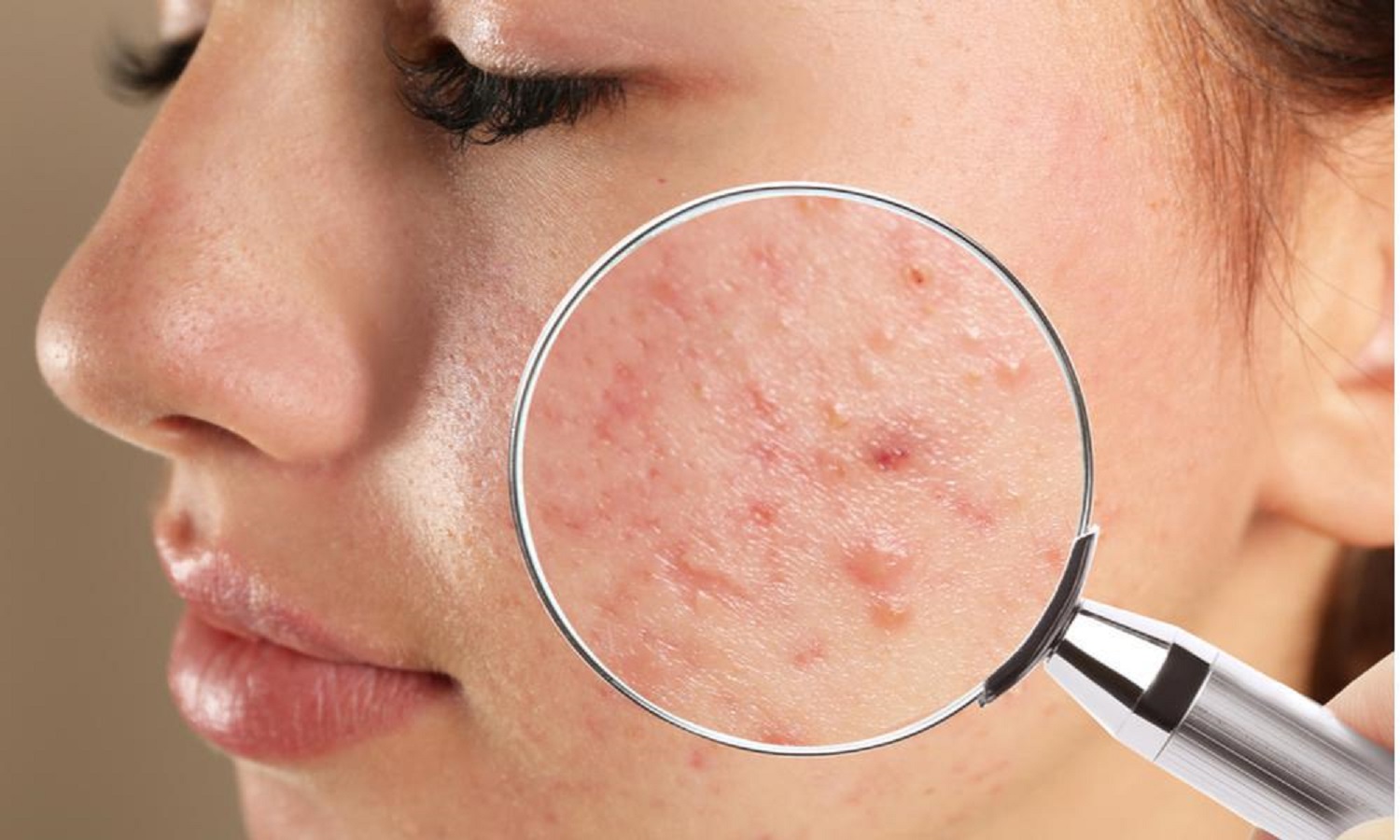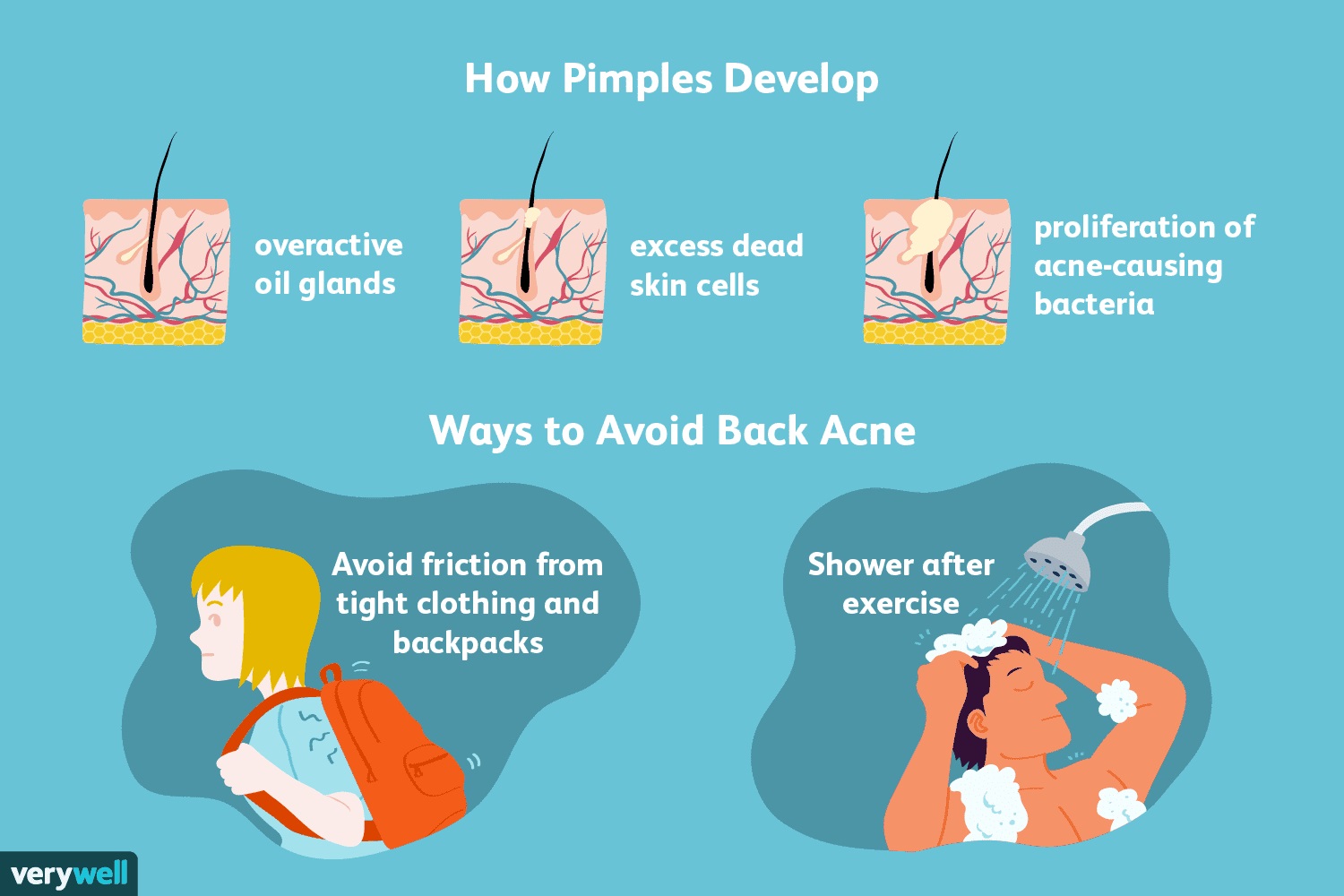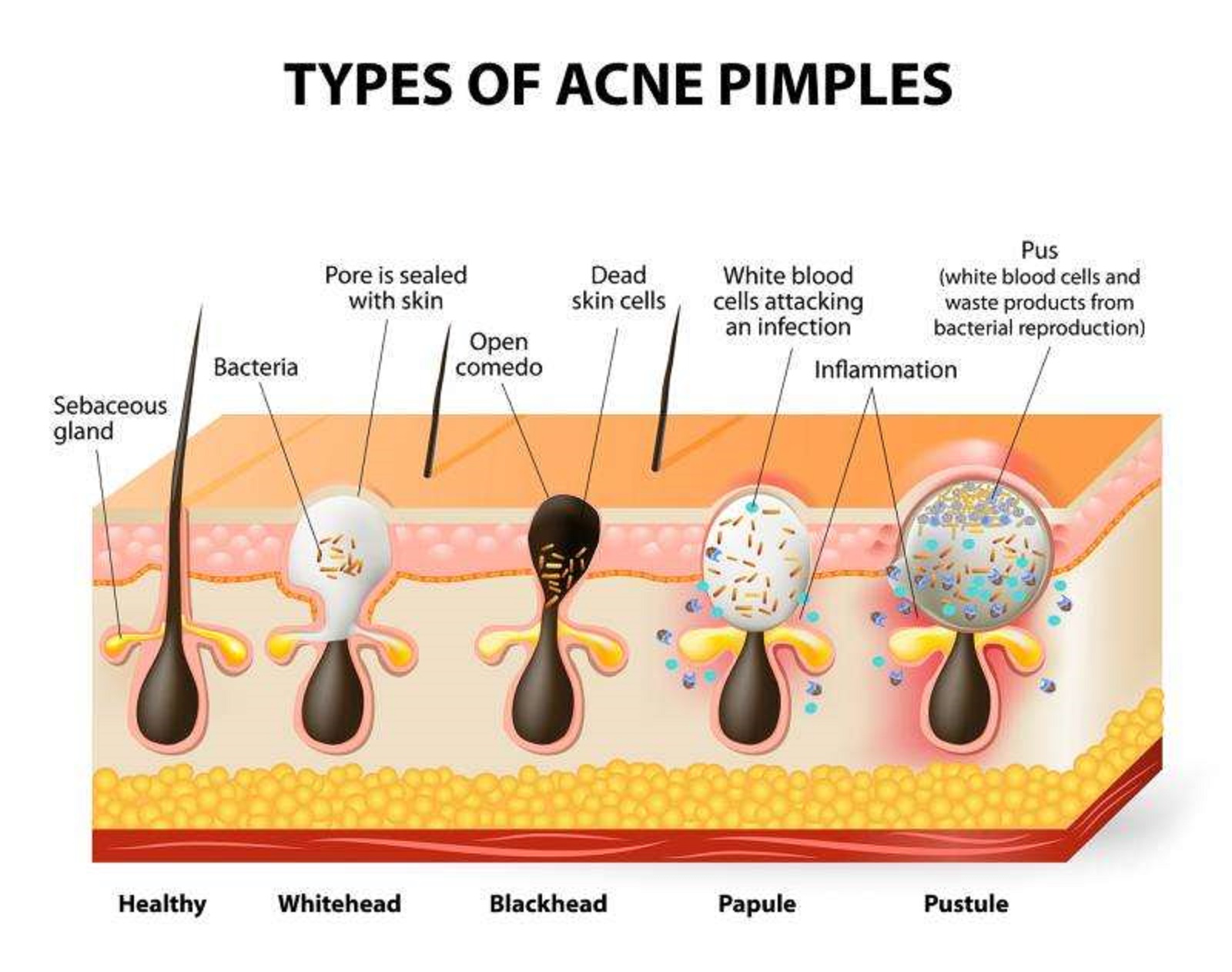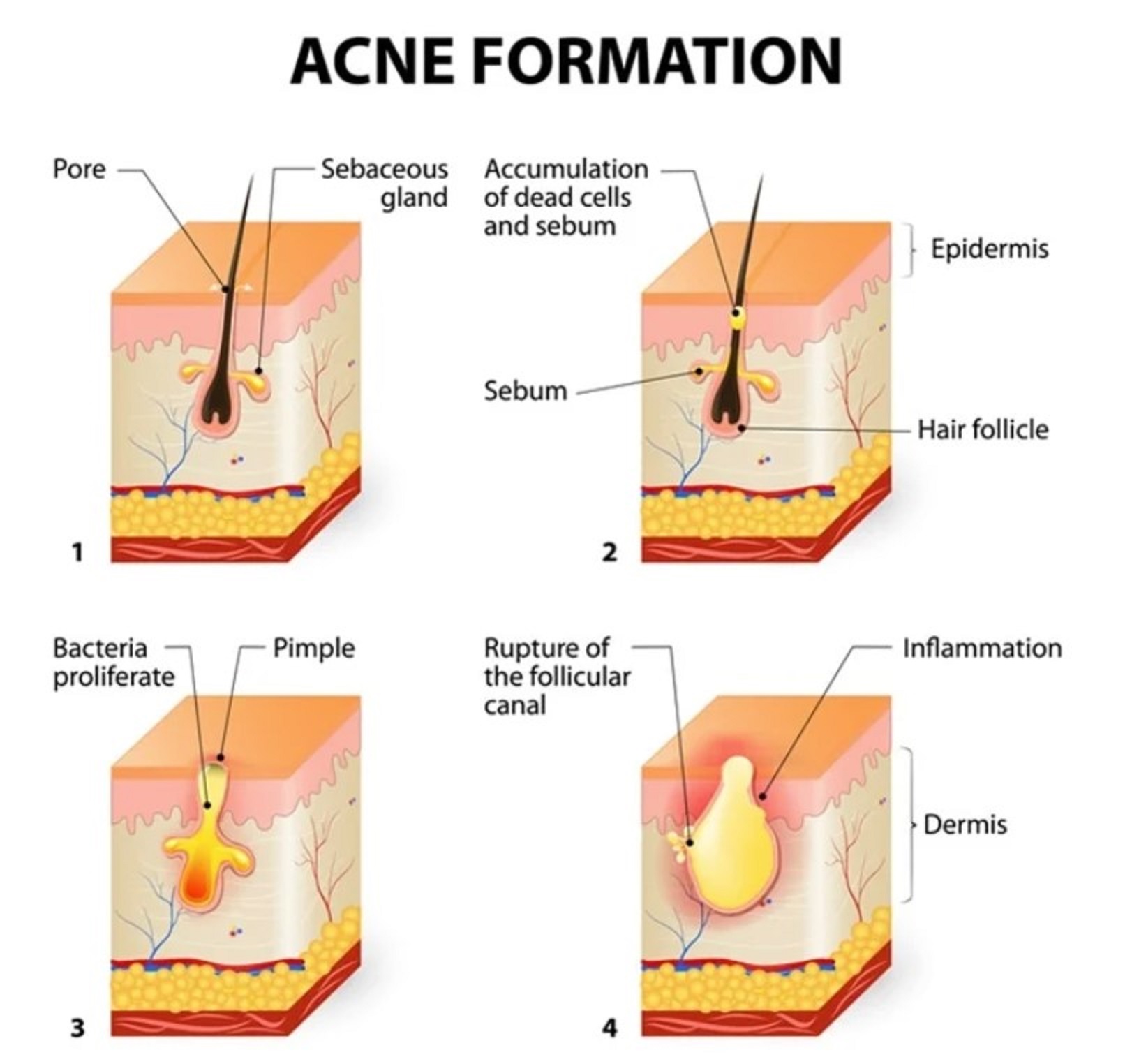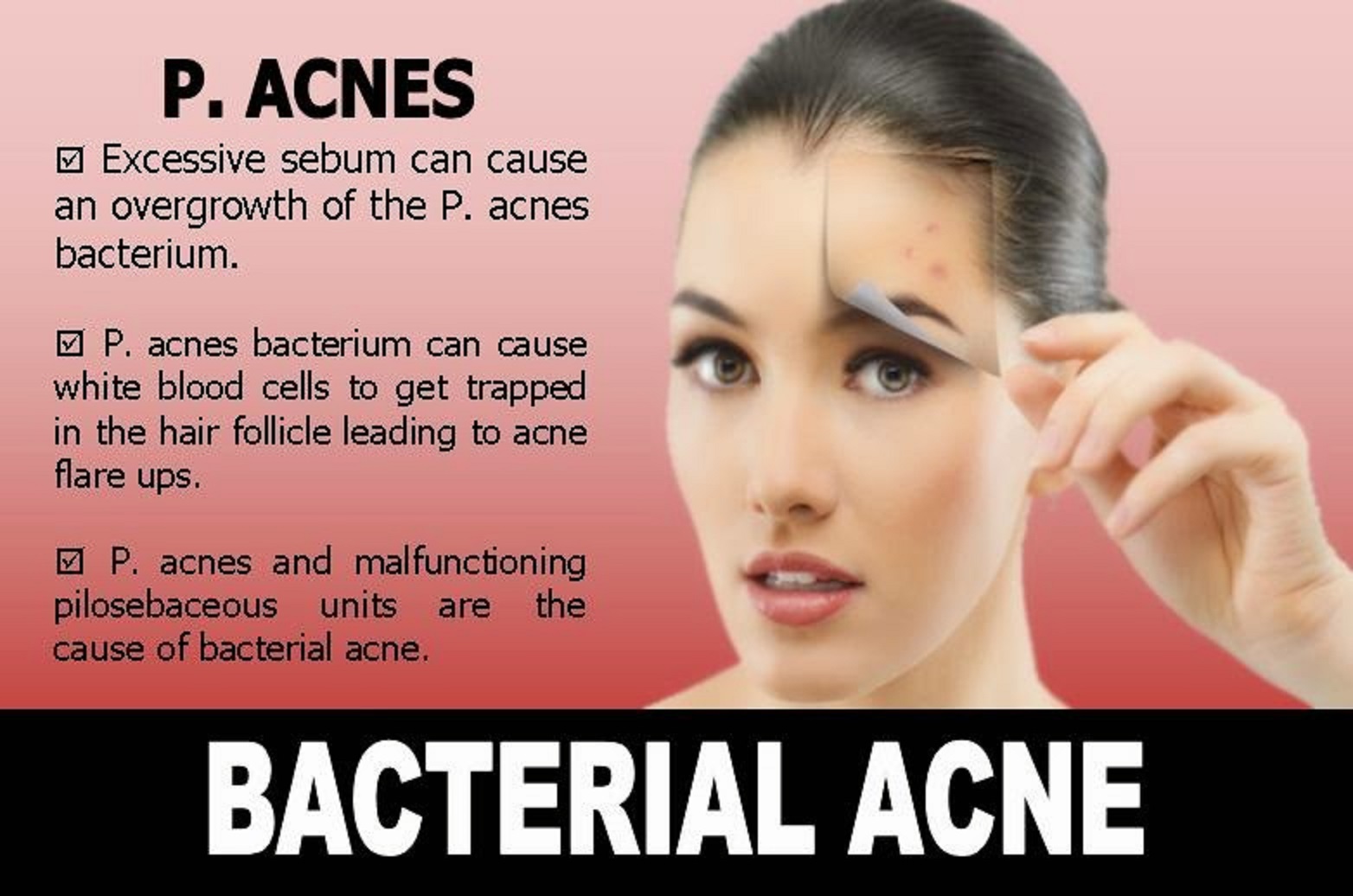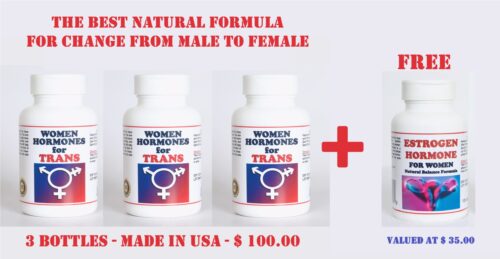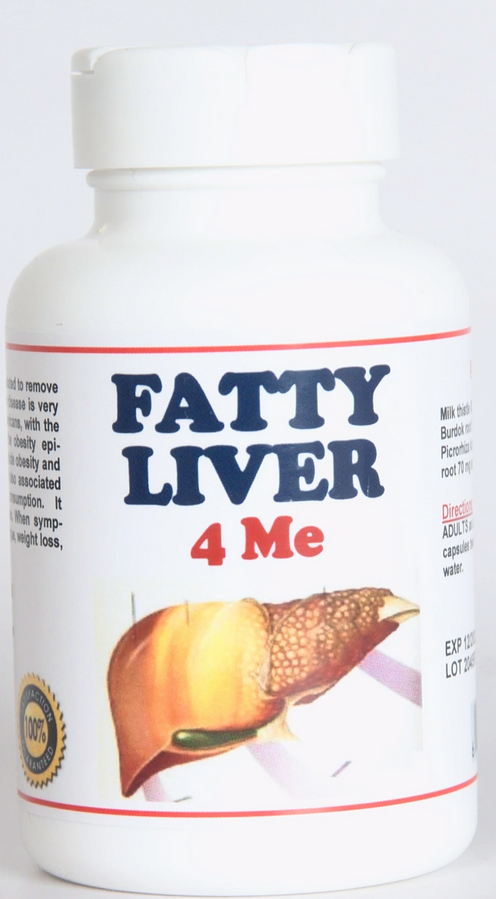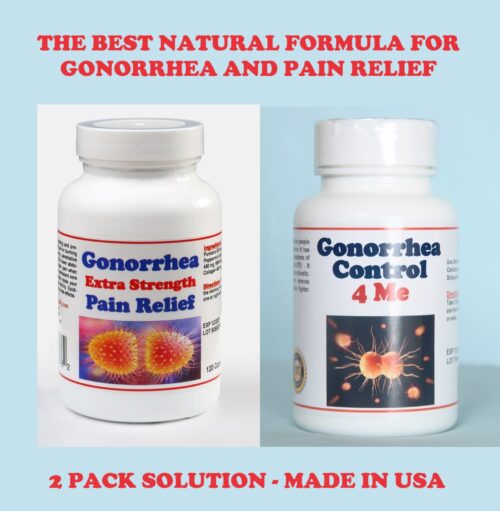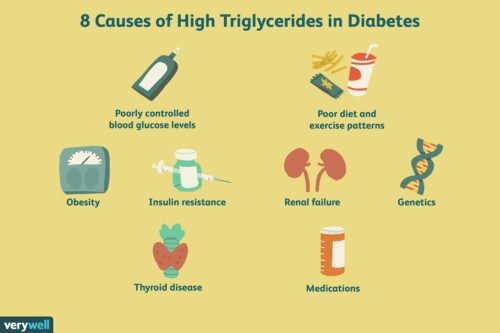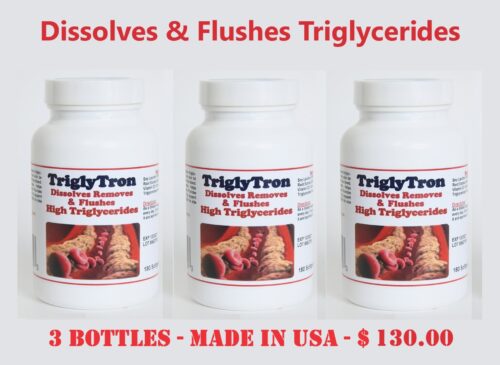Description
Propionibacterium acnes or P. acnes is the bacteria that is commonly linked to acne. The bacterium lives at the base of the hair follicle. P. acnes feeds on fatty acids found in sebum. Excessive amounts of sebum can cause an overgrowth in the bacteria. During the digestion of sebum, P. acnes, has been shown to create pore clogging byproducts.
-
acnes triggers white blood cells to the hair follicle. Enzymes created by the white blood cells breaks down the follicle wall. The break in the follicle wall causes its contents to spill into the dermis of the skin. The follicle becomes inflamed and triggers an occurrence of inflammatory acne lesions, such as papules, pustules, and/or nodules.
-
acnes is not only present on acne prone skin. The bacterium is also present in healthy skin. Therefore, the mere presence of this bacterium is not the cause of acne breakouts. The malfunctioning of the pilosebaceous unit is the ultimate cause. Keeping the production of sebum at normal levels is usually the key to prohibiting any abnormal reactions to P. acnes.


